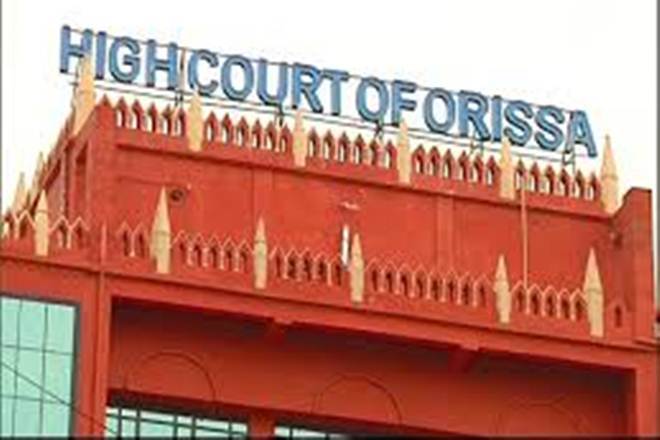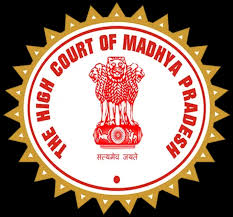Ram Prasanna Sharma, J
1. The appellant/father of owner of the offending vehicle has preferred this appeal under Section 173 of the Motor Vehicles Act, 1988 against the
award dated 11-5-2016 passed by the Motor Accident Claims Tribunal (for short, ""the Tribunal""), Raipur in claim case No.78 of 2012 wherein the said
Tribunal awarded compensation of Rs.8,93,000/- in favour of the claimants on account of death of one Umesh Singh Dhruw in a motor accident
occurred on 6-2-2012.
2. Facts of the case, in brief, are that on 6-2-2012 when deceased Umesh Singh Dhruw was going on road in front of Shyam Petrol Pump situated at
Gouravpath, he was dashed by the driver of the motorcycle bearing registration No. CG 04-DH 8999 as he was driving the said vehicle rashly and
negligently, as a result of which said Umesh Singh Dhruw died due to injuries sustained by him in the incident and driver of the offending vehicle
namely Atul Kumar Patel also suffered grievous injuries and died on 8-2-2012 in the hospital during the course of treatment. Deceased Atul Kumar
Patel was registered owner of the offending vehicle who also died in the same incident, therefore, claim petition was filed against the father of the
deceased/appellant as executor/administrator of the said deceased.
3. Learned counsel for the appellant submits that the claim petition under Section 166 of the Motor Vehicles Act, 1988 was not maintainable as the
appellant is neither owner of the offending vehicle nor he was driving the said vehicle at the time of incident. The tribunal committed gross error in
entertaining the claim case by saying that the appellant is the successor of owner/driver of the offending vehicle as per provisions of Section 306 of
the Indian Succession Act, 1925. He would further submit that the Tribunal committed error in giving finding that it is not a case of contributory
negligence. The Tribunal has further committed error of law by accepting monthly income of the deceased at Rs.6000/- per month at the time of
incident against the evidence that the last salary of the deceased was Rs.5,686/- per month.
4. On the other hand learned counsel for respondents No. 1 and 2 would submit that the finding of the tribunal is based on proper appreciation of the
evidence which does not call for any interference by this Court.
5. I have heard learned counsel for the parties and perused the record including the impugned award passed by the tribunal.
6. It is not in dispute that the appellant is father of the registered owner of the vehicle who died in the same accident. In Motor Vehicles Act, 1988
father is always treated as legal representative of the son to claim compensation. Again, as per the Indian Succession Act, 1925 all demands
whatsoever and all rights to prosecute or defend any action or special proceeding existing in favour of or against a person at the time of his decease,
survive to and against his executors or administrators. Admittedly, the appellant is legal representative and executor or administrator for owner of the
offending motorcycle. When he can claim for son he has to defend for son. Therefore, the finding of the tribunal regarding liability of the appellant is
not liable to be interfered while invoking jurisdiction of the appeal.
7. Admittedly, deceased Umesh Singh Dhruw was pedestrian at the time of incident and driver of the motorcycle namely Atul Kumar Patel was
driving the motorcycle at the time of incident. From the evidence of Dinesh Kumar Sahu (AW/3) it is established that the driver of the motorcycle was
driving the vehicle negligently and dashed Umesh Singh Dhruw who was walking in the corner of the road. Version of this witness is unshaken during
cross examination and there is no evidence against his statement of this eye-witness, therefore, in absence of any evidence regarding negligence of
the deceased who was a pedestrian on road, there is nothing against him that he committed breach of care of duty. The finding of the tribunal is
correct that it is not a case of contributory negligence.
8. From the evidence of M.K.Thakre (AW/2) who was Account Officer of National Law University, Raipur, it is established that monthly salary of
the deceased was Rs.6619/-, therefore, calculation on the basis of monthly salary of Rs.6,000/- is based on salary certificate and there is nothing
contrary to that for interfering with the finding of the Tribunal.
9. Learned counsel for the appellant further submits that the Tribunal wrongly assessed and awarded higher compensation.
10. In view of this court, the Tribunal has not awarded any sum on account of future prospects. If the future prospects would have been taken into
account, the award amount must have been increased. The Tribunal has awarded the compensation only on the basis of salary and conventional head
and in no case it is liable to be disturbed.
11. Accordingly, the appeal is liable to be and is hereby dismissed.

